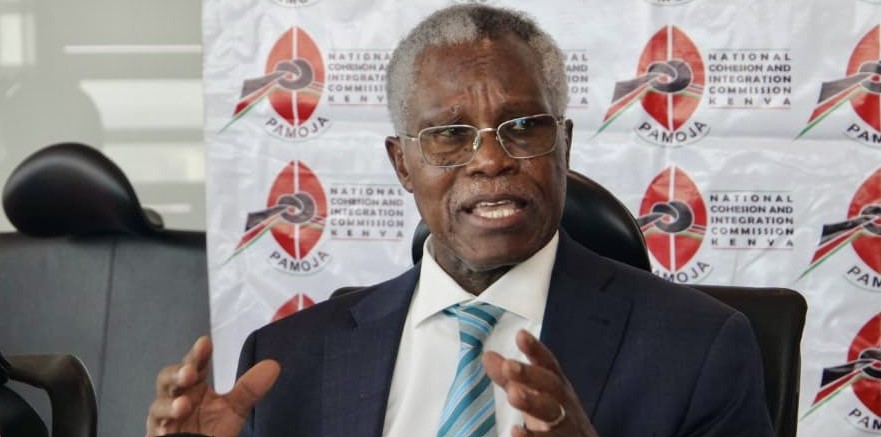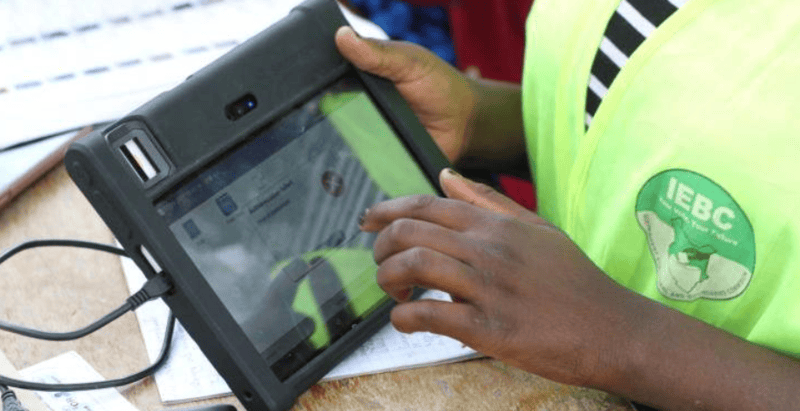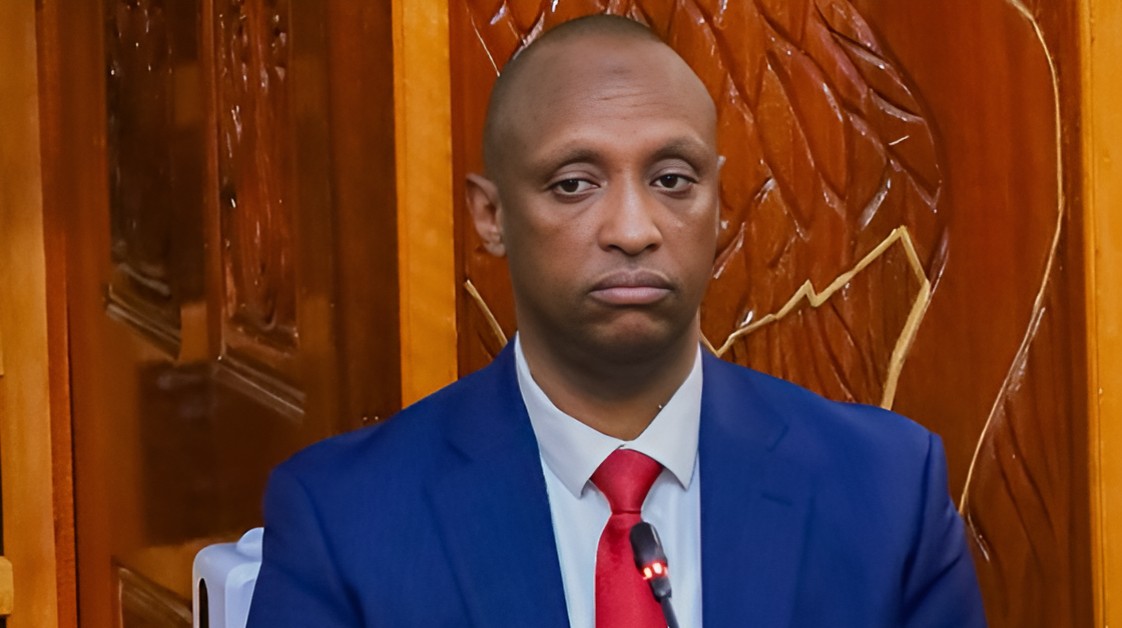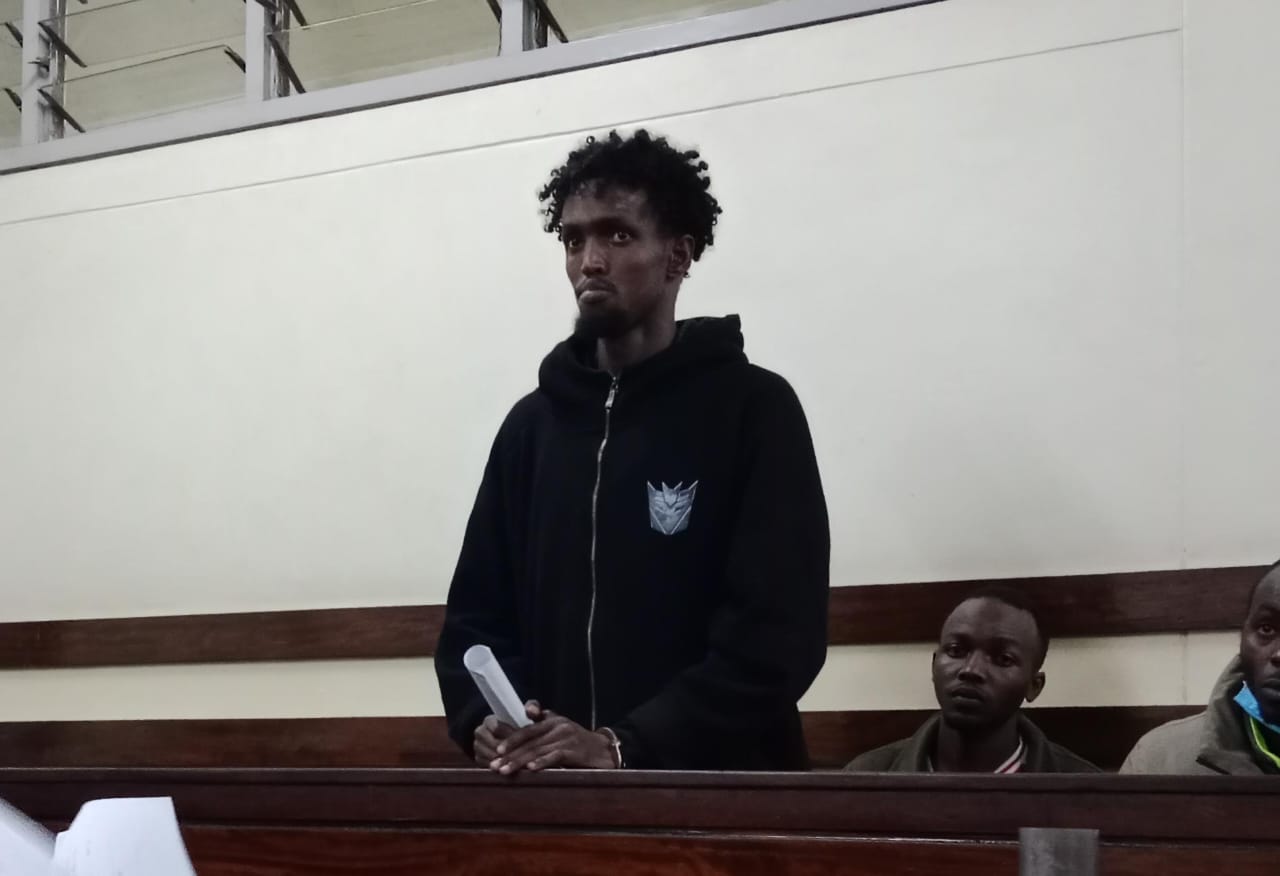NCIC blames youth exclusion, poor leadership for deadly Gen Z protests, urges national dialogue

The Commission mourned the lives lost and injuries suffered by both protesters and police officers.
The National Cohesion and Integration Commission (NCIC) has blamed years of youth exclusion, economic hardship, and failed leadership for the deadly protests that rocked the country on June 25 and July 7, calling on leaders across all sectors to urgently embrace dialogue and reform.
Addressing the media on Tuesday, NCIC Chairperson Dr Samuel Kobia said the chaos witnessed during the demonstrations was a reflection of growing anger among young Kenyans, especially Generation Z, who feel neglected and ignored.
More To Read
- Kenyans rally behind #WeAreAllKikuyus, condemn tribal profiling following Saba Saba protests
- KEWOPA, health workers slam Kitengela Hospital invasion during Saba Saba protests
- IJM launches probe into protest killings, calls for justice for 12-year-old girl shot in Kiambu
- Saba Saba protest death toll rises to 31
- Kenyan youth leader confronts UN in Geneva, demands action over protest deaths
- UN raises alarm over Kenya’s use of lethal force during Saba Saba demos, urges accountability
“Their frustration stems from a combination of factors: high unemployment, economic hardship, lack of trust in institutions, limited opportunities, and a perceived failure of leadership to address their needs and aspirations,” Kobia said.
The Commission mourned the lives lost and injuries suffered by both protesters and police officers.
“We are deeply saddened by the tragic loss of lives and the injuries sustained by both civilians and law enforcement officers. Our heartfelt condolences go out to the families and communities mourning their loved ones,” Kobia stated.
The protests, which turned violent in some areas, left 11 civilians dead and 114 others injured, according to police.
Fifty-two police officers were also hurt, while 208 vehicles including police, government, and civilian vehicles were damaged. Authorities said 567 individuals were arrested during the unrest.
While condemning the destruction of property and attacks on police, NCIC also criticised the use of excessive force by some members of the security agencies.
“All actors—whether state or non-state—must uphold the right to life, dignity, and peaceful assembly always,” Kobia added.
To help address the root causes of the unrest, the Commission has rolled out a countrywide initiative known as the Transgenerational Conversation: The Quest for Better Governance and Accountability.
This forum, launched in September 2024, brings together four generations Silent Generation, Baby Boomers, Gen X, and Gen Z to foster mutual understanding and joint reflection on the way forward.
The dialogue platform has so far brought together respected national figures such as Mau Mau veteran Gitu wa Kahengeri, former Chief Justice Willy Mutunga, and human rights defender Njeri Kabeberi, alongside youth representatives, to engage in conversations that promote unity and lasting solutions.
“Our history shows that discontent and the struggle for justice have been passed down, with each generation rising to confront the challenges of their time,” Kobia noted.
“It is now the responsibility of the older generation to guide and counsel the youth, drawing from their experiences to nurture wisdom and resilience.”
NCIC said it has partnered with the Centre for Multiparty Democracy to implement the Transgenerational Framework through People’s Dialogue Forums in various counties, starting with Nairobi. Kobia urged key stakeholders, government, civil society, faith groups, the private sector, universities, the media, and Gen Z themselves to participate actively.
“These forums are already exposing deep issues such as generational mistrust, youth exclusion, economic injustice, and leadership failures. This information is critical in helping us build a more cohesive and just society,” Kobia said.
The Commission stressed that Kenya must address governance and social concerns not through confrontation, but through inclusive and respectful conversations.
“This is a nationwide initiative aimed at providing a safe, inclusive, and respectful platform for Kenyans of all ages to engage in open and constructive discussions,” Kobia said.
He warned political and community leaders against manipulating young people’s frustrations for political gain, instead urging them to empower and mentor youth as leaders and change-makers.
“It is time to turn protests into platforms for progress and frustrations into fuel for reform,” he said.
According to NCIC, healing and unity will only be achieved when all generations listen to one another and work together toward lasting peace. “We choose peace. We choose dialogue. We choose Kenya,” Kobia concluded.
Top Stories Today














































